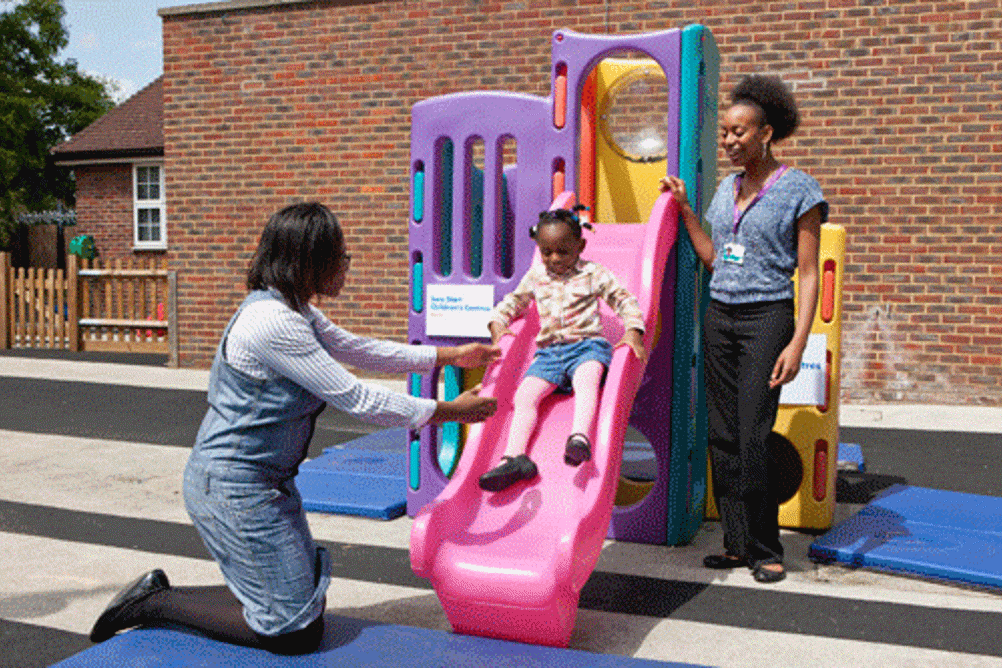
Academics at the London School of Economics (LSE) analysed the government's National Pupil Database figures to find out whether children were taking up places as soon as they were eligible.
Looking at how many autumn-born four-year-olds attending pre-school education in January 2011 had attended an early years setting when they were first eligible in January 2010, they found that almost one in five children (18.4 percent) had not.
Around one third of persistently poor children delayed, compared with one sixth of their higher-income peers.
Researchers found that persistently poor children who claim free school meals for all three years of early primary school are 13 percentage points less likely to attend for the full five terms of free pre-school education than children from higher-income families who never claim free school meals.
Meanwhile, children who speak English as an additional language are nearly three times more likely not to take up their full five terms as children who speak English at home.
Register Now to Continue Reading
Thank you for visiting Children & Young People Now and making use of our archive of more than 60,000 expert features, topics hubs, case studies and policy updates. Why not register today and enjoy the following great benefits:
What's Included
-
Free access to 4 subscriber-only articles per month
-
Email newsletter providing advice and guidance across the sector
Already have an account? Sign in here

